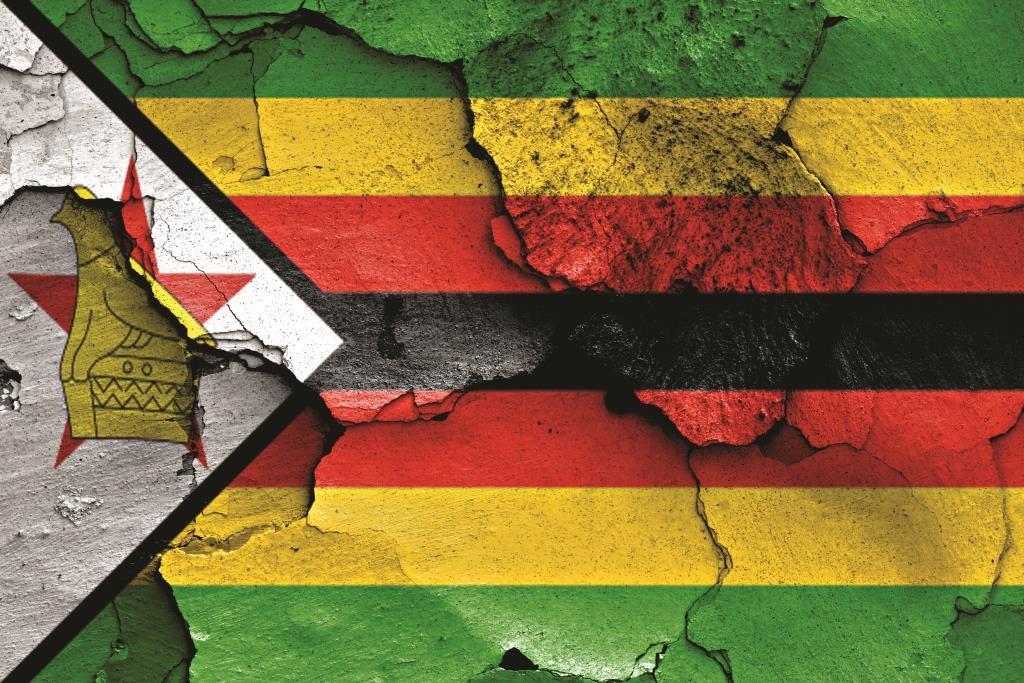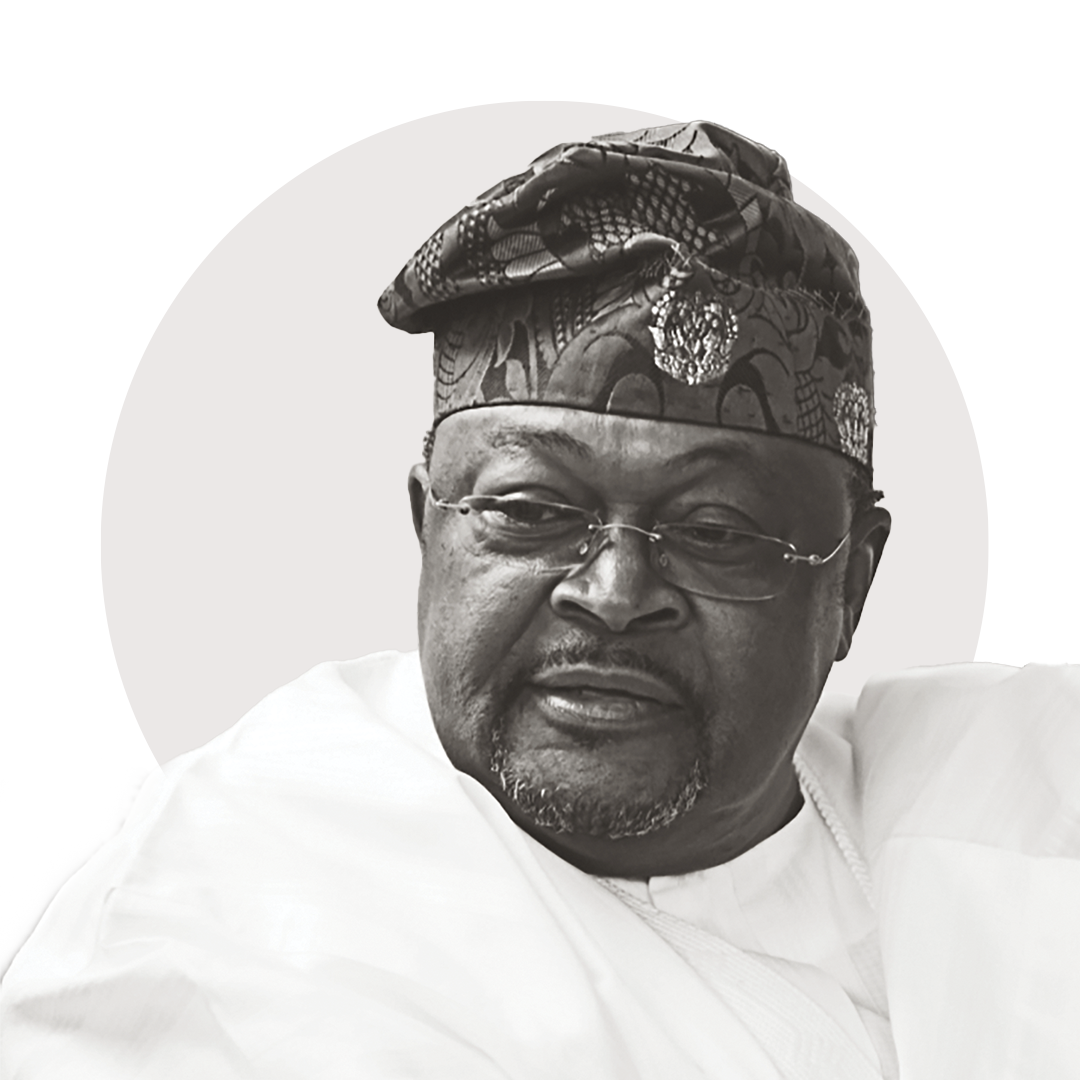The once thriving Zimbabwe Stock Exchange (ZSE) is a shadow of itself. It has declined as sharply as the economy.
Last March, the African Development Bank ranked the country’s bourse as the worst performer in the region due to a lack of investor confidence. The trend is down.
At its peak, the ZSE had 79 counters, now it has 52 – with 90% of trade concentrated on the top market capitalization companies.
The ZSE saw turnover value fall from $66 million year-on-year in August 2014 to $17 million in September this year.
According to analysts, President Robert Mugabe’s inconsistent policy and controversial indigenization laws have pushed even the most resilient investors from the exchange.
Loading...
The ZSE’s Chief Executive, Alban Chirume, says the country’s bourse was also suffering after the global financial crisis.
“Most companies on our exchange are failing to raise capital with foreign investors having somewhat withdrawn participating on our market,” says Chirume.
He added that international investors were wary of investing in Zimbabwe because of the country’s risk.
The exchange lost more than $1.7 billion in value for the 12-month period ending August 31, 2015.
“The bourse’s market capitalization stood at $5.2 billion in August 2014 but has been in free fall since then and is now valued at $3.5 billion, a 32.69 percent decline,” reported a South African business news website.
The decline in disposable incomes is also believed to be forcing large capitalization companies from the bourse.
Momentum SP Reid Securities’ Pan-African Sales Trader, Sebastian Gumbo, says large capitalization companies, like Delta Corporation, have not been spared economic hardships. He says the beer and soft drink company has seen a drop in volume, especially with high-margin products.
“The beer and soft drink company saw a sharp drop as consumers’ base has been moving to cheaper lower margin products, like opaque beer and Maheu,” says Gumbo.
In an attempt to stem losses, Harare has been revising some of its controversial laws.
Mugabe’s deputy, Emmerson Mnangagwa, in July, said government was working on reform to win back investors.
Leading economist, John Robertson, blames Mugabe’s Zanu–PF party for the decline.
“At the core of Zimbabwe’s economic malaise is the controversial and disastrous land reform program, rising costs of production and the indigenization policies driving away investors,” says Robertson.
“Zimbabwe should also have reduced the wage bill costs as the country does not have the leverage of devaluation of the US dollar.”
Twenty seven counters stopped trading on the ZSE since the economy was dollarized in February 2009.
Robertson says the country’s woes have been worsened by rising labor costs. He says this is a result of the strengthening dollar, since 2011, as commodity prices fell.
“Due to rising production and labor costs, the country has seen no more production as companies now import goods they used to produce, the factories are now warehouses. We have become a nation of buyers and sellers and we have turned consumers into dependents of people working in the diaspora.”
Big companies are cutting back. Analysts say this is a sign of the tough trading conditions.
“Most companies are either retrenching or changing their business models in an effort to sustain operations,” says one analyst.
The Division Chief of the Reserve Bank of Zimbabwe, Simon Nyarota, said in June, activity on the local bourse was a reflection of the slowdown in the economy.
“Since 2009, a total of 14 counters were suspended and 15 counters were delisted from the stock exchange,” he said.
It all means more uncertainty for an exchange that used to be the jewel of Southern Africa.
Loading...





















